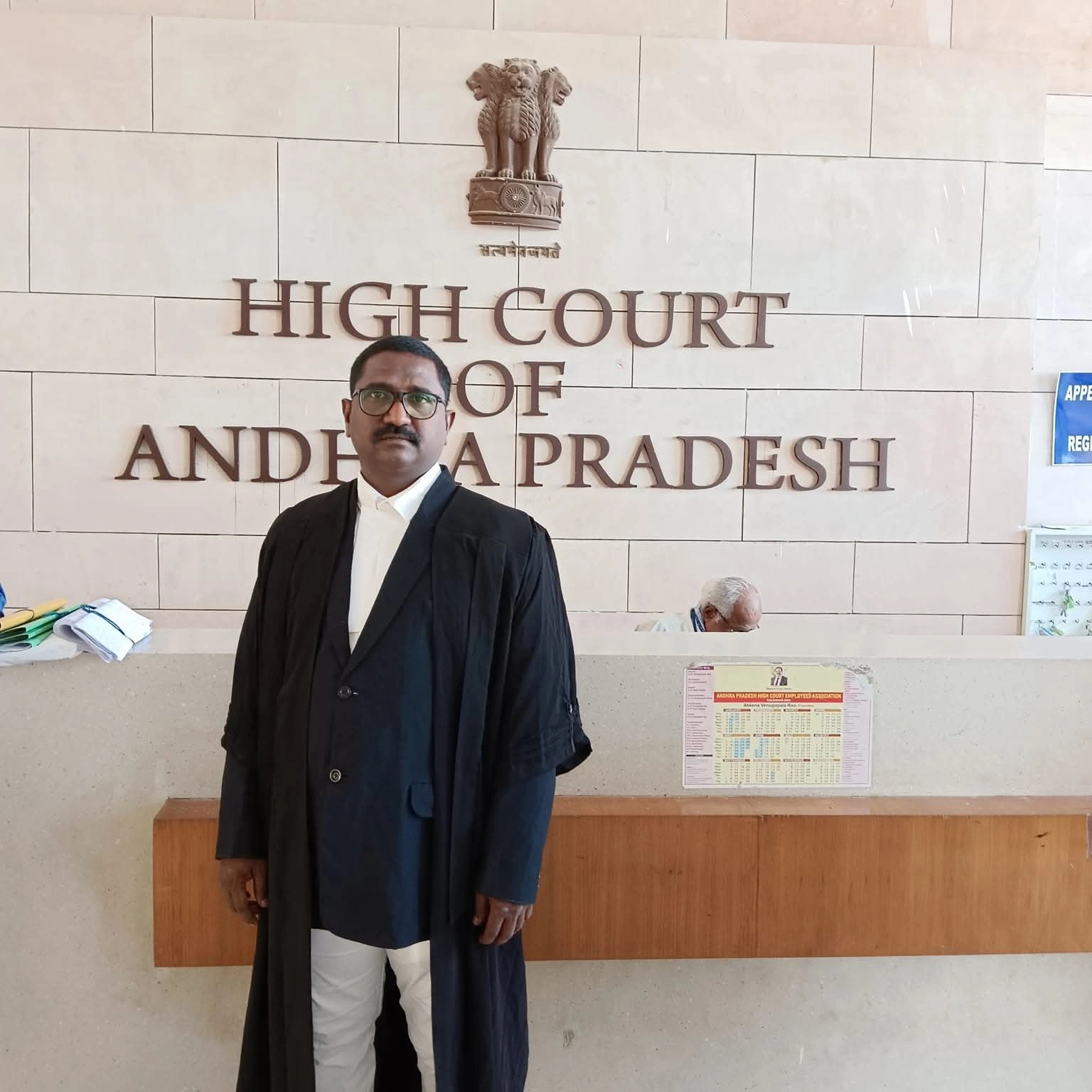Answer By law4u team
The issue of political exposure in custody arrangements raises complex questions about a child’s right to develop their own views versus a parent’s desire to influence their child’s beliefs. With the increasing presence of political content in media, social networks, and even family discussions, a parent may wish to limit or regulate their child’s exposure to political material, particularly if they feel that the content is divisive, inappropriate, or incompatible with the child's emotional development. While custody orders typically focus on practical aspects like child care and visitation schedules, they can sometimes address the type of content a child is exposed to, including political views. However, whether or not such restrictions can be imposed depends on the circumstances, the child’s age, and the court’s perception of what is in the child’s best interest.
Factors Courts Consider When Deciding on Political Content Exposure
- Best Interests of the Child
The court’s primary concern is always the child’s emotional and psychological well-being. If a parent argues that exposure to certain political content is harmful to the child’s development, the court may consider whether limiting such exposure is necessary to protect the child’s best interests. The court may weigh whether the political material in question is likely to cause confusion, distress, or undue stress for the child, especially in politically charged environments. - Parental Rights and Influence
Courts typically respect a parent’s right to expose their child to their own beliefs and values, including political views, as long as it does not harm the child. However, when there is a dispute between parents regarding political content, the court must balance the parental right to influence their child with the child’s need for neutrality and protection from undue stress. If one parent feels that political exposure is being used as a tool to alienate or manipulate the child, the court might consider implementing restrictions. - Age and Development of the Child
The child’s age is a significant factor when determining whether exposure to political content should be restricted. Younger children may not fully understand complex political issues and might be more easily influenced by what they hear from one parent. For older children, the court may be less likely to restrict exposure to political content, as they are capable of forming their own opinions. The child’s maturity and ability to critically engage with political content will also be considered. - Context of Exposure
The context in which political content is presented plays a key role. If political content is presented in a way that is neutral, educational, or part of a broader conversation about civic responsibility, the court might be more inclined to allow it. However, if the content is presented in a partisan, divisive, or inflammatory manner, the court may be more likely to restrict it. For instance, if one parent is using political media to promote negative feelings toward the other parent, the court may intervene to prevent harm to the child’s emotional well-being. - Family Dynamics and Parental Conflict
In high-conflict custody situations, political content may be used as a means of control, manipulation, or alienation. If a parent uses political views to belittle or criticize the other parent, the court may consider restricting exposure to ensure that the child is not caught in the middle of political battles. In these cases, the court may take action to prevent any content that fosters alienation or animosity between the parents. - Existing Custody Arrangements and Communication
The court will also consider whether the parents are in agreement about the level of exposure to political content and whether there has been clear communication regarding the matter. If the parents have differing views on what constitutes acceptable political content, the court may step in to set boundaries to ensure that both parents' rights and the child’s well-being are respected.
How Court Restrictions on Political Content May Be Applied
- Limitations on Specific Media
A court may impose restrictions on specific forms of media, such as social media, television, or news outlets, where political content is pervasive. For example, the court may limit a child’s access to certain political websites or TV programs that are overly biased or inflammatory. In shared custody situations, the court may require that both parents agree on which media content is appropriate for the child to consume. - Restrictions on Political Discussions in the Home
If one parent is engaging the child in frequent political discussions that are seen as emotionally damaging or inappropriate, the court may restrict such conversations in the child’s presence. This could be particularly relevant in high-conflict custody cases where one parent may be using political discussions as a way to influence the child’s opinion against the other parent. - Neutral Educational Materials
The court might encourage or even require that both parents expose the child to neutral, educational materials about politics and democracy. This could include books or programs that explain political systems, history, and government processes in a non-partisan manner. The aim would be to educate the child without imposing a specific political agenda. - Parental Cooperation in Media Choices
In shared custody arrangements, the court may require that both parents mutually agree on what political content, if any, is appropriate for the child. The goal is to ensure that the child is not subjected to conflicting messages from each parent, which could create confusion or distress.
Potential Benefits of Limiting Political Exposure for Children
- Reduced Stress and Confusion
Children, especially younger ones, may struggle to understand the complex nature of political content and may become stressed or confused if exposed to heated political debates or extreme views. Limiting exposure can protect the child from undue stress and help them maintain a sense of stability and emotional security. - Prevention of Parent-Child Alienation
In high-conflict custody cases, one parent may use political content as a tool to alienate the child from the other parent. Limiting exposure to such content can prevent the child from being caught in the middle of political disputes and reduce the likelihood of one parent manipulating the child’s views for their own benefit. - Encouraging Independent Thought
By limiting exposure to political content, parents may encourage children to develop their own independent views when they are older, based on their own experiences and education rather than being influenced by one parent’s political agenda.
Challenges of Limiting Political Exposure
- Infringing on Parental Rights
Limiting a parent’s ability to expose their child to political content could be seen as infringing on their parental rights, especially if the parent feels that it is important for the child to understand certain political viewpoints. Parents may feel that the court is overstepping its bounds by restricting their freedom to share their beliefs with their child. - Resistance from the Child
As children grow older, they may seek out political content on their own, either through school, the internet, or social media. It may be difficult to fully restrict exposure in an age where information is so widely available. In this case, limiting exposure may not be as effective as intended. - Defining Political Content
The court may face difficulties in defining what constitutes political content. Is it limited to partisan news or includes all content related to political discussions, even educational ones? The lines between political content, news, and personal opinion can be blurry, and courts may struggle to create clear restrictions.
Example
- In a joint custody arrangement, a 10-year-old child lives with their mother during the week and visits their father on weekends. The father frequently discusses political topics with the child, often criticizing the mother’s political views. The mother petitions the court to limit the child’s exposure to political discussions, arguing that the child is becoming confused and distressed by the conflicting messages.
- Steps the court may take:
- The court reviews the situation and considers the child’s emotional well-being.
- The court rules that the father may only discuss politics with the child in a neutral, educational manner and must avoid any negative comments about the mother’s views.
- Both parents are required to agree on any political content the child is exposed to, including TV programs or online material.
- The court encourages both parents to focus on fostering the child’s understanding of government, civic duty, and the importance of respectful political dialogue.







